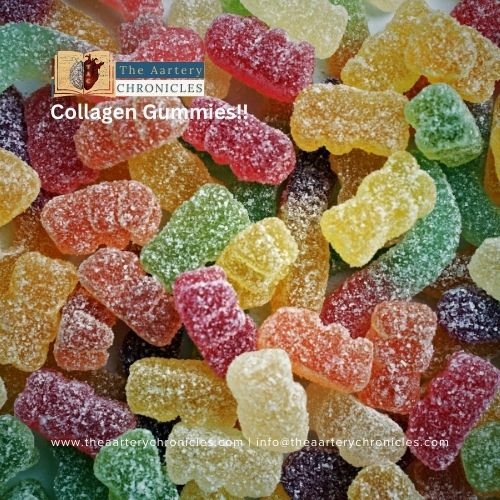

Too Much Copper? Your Brain Could Be at Risk
A new long-term study published in Scientific Reports followed over 10,000 older adults for 20 years. To see how their copper intake affected brain function over time.
The results were eye-opening:
People who consumed high levels of copper, especially alongside a diet rich in saturated fats, had a much higher risk of developing dementia. Those with both high copper and high saturated fat intake had up to 49% greater dementia risk compared to others.
This shows that while copper is necessary, the amount and the source of copper and what you eat along with it can make a big difference for your memory and brain health.
Too Much Copper? The Potential Risk
The study found that excessive copper intake, especially from supplements, was linked to:
- Faster memory decline
- Slower thinking and processing speed
- Increased risk of cognitive impairment over time
Even participants with relatively healthy diets were affected but the risks were much higher in people who also consumed a lot of saturated fats. This suggests that copper may interact with other dietary factors, especially unhealthy fats, to harm brain health.
The Dangerous Combo: Copper + Saturated Fat
One of the strongest findings from the research was how dangerous the combination of high copper and high saturated fat can be. Saturated fats found in foods like red meat, fried snacks, butter, and processed items are already known to damage both heart and brain health. When combined with high copper intake, especially from supplements, the risk of dementia increased sharply.
This could be due to higher levels of inflammation or oxidative stress in the brain, which gradually damage brain cells and memory pathways.
Supplements vs. Whole Foods
The study revealed that individuals who obtained most of their copper from whole foods, such as leafy greens, legumes, seeds, nuts, and whole grains, experienced better brain health outcomes. They also tended to follow healthier overall eating patterns, like the DASH diet.
On the other hand, those who relied on copper supplements did not experience the same benefits. They had more memory issues over time.
This may be because copper in supplement form can lead to higher blood levels of unbound copper, which has been linked to cell damage in the brain.
How Much Copper Do You Need?
Experts recommend a daily copper intake of about 0.9 to 1.3 mg per day for adults. This amount is easy to get from a healthy, balanced diet. Good sources of copper include:
- Lentils and legumes
- Seeds and nuts
- Leafy green vegetables
- Whole grains
These foods provide copper in a natural, balanced way along with other nutrients your body needs to function well.
Tips for Protecting Brain Health with Copper
- Get copper from food, not supplements
- Limit saturated fat cut back on fried foods, red meat, and processed snacks
- Eat a variety of whole, plant-based foods
- Stay physically active and mentally engaged
- Avoid ultra-processed foods as much as possible
Conclusion
Copper is essential but too much of it, especially in the wrong dietary context, can be harmful. This new research adds to the growing evidence that how and what we eat matters more than ever for long-term brain health.
By sticking to natural food sources, avoiding unnecessary supplements, and focusing on a heart- and brain-friendly diet, you can help keep your memory strong and reduce the risk of dementia as you grow older.
Source: Inputs from various media Sources

Priya Bairagi
Reviewed by Dr Aarti Nehra (MBBS, MMST)
I’m a pharmacist with a strong background in health sciences. I hold a BSc from Delhi University and a pharmacy degree from PDM University. I write articles and daily health news while interviewing doctors to bring you the latest insights. In my free time, you’ll find me at the gym or lost in a sci-fi novel.








